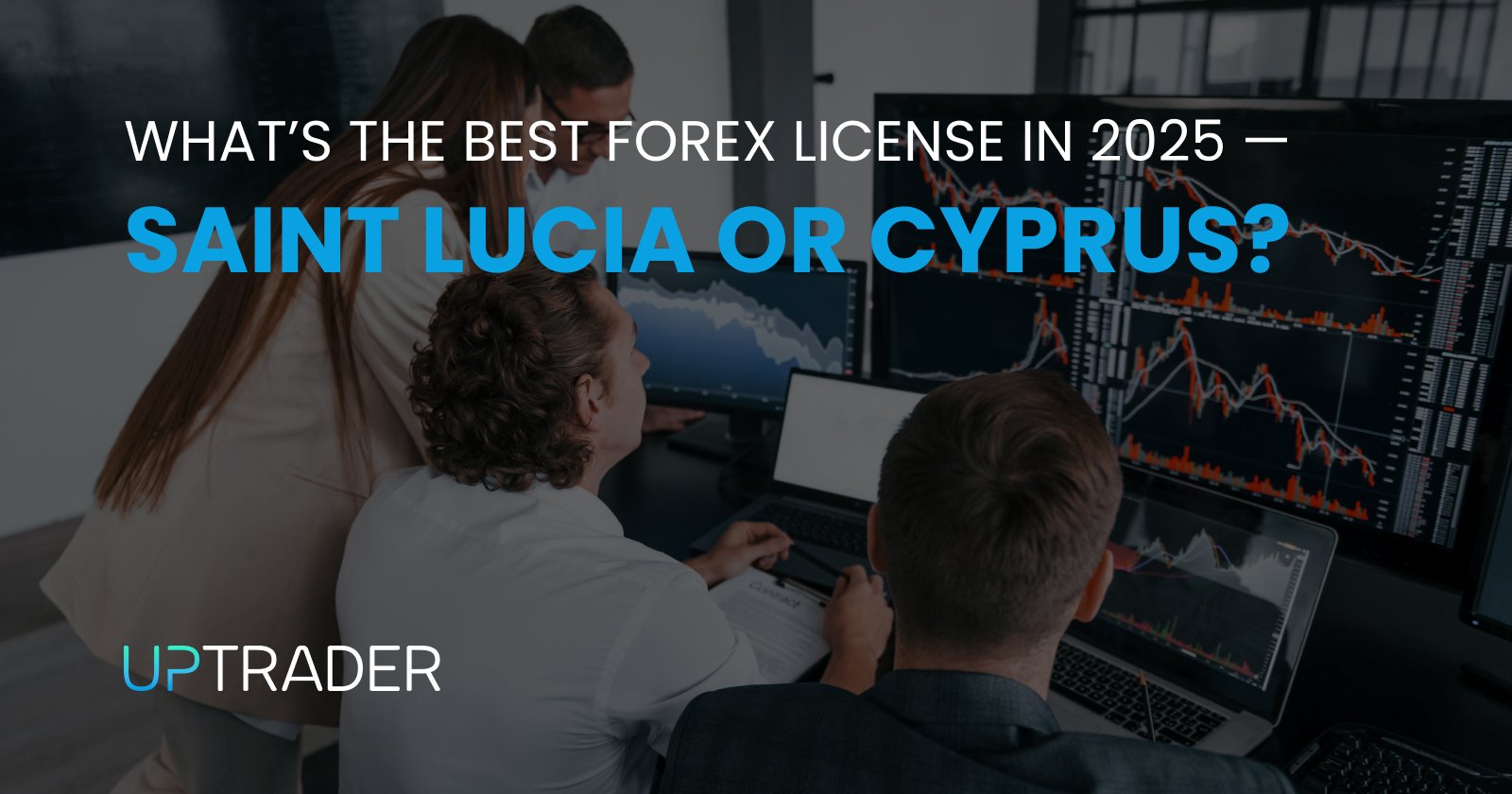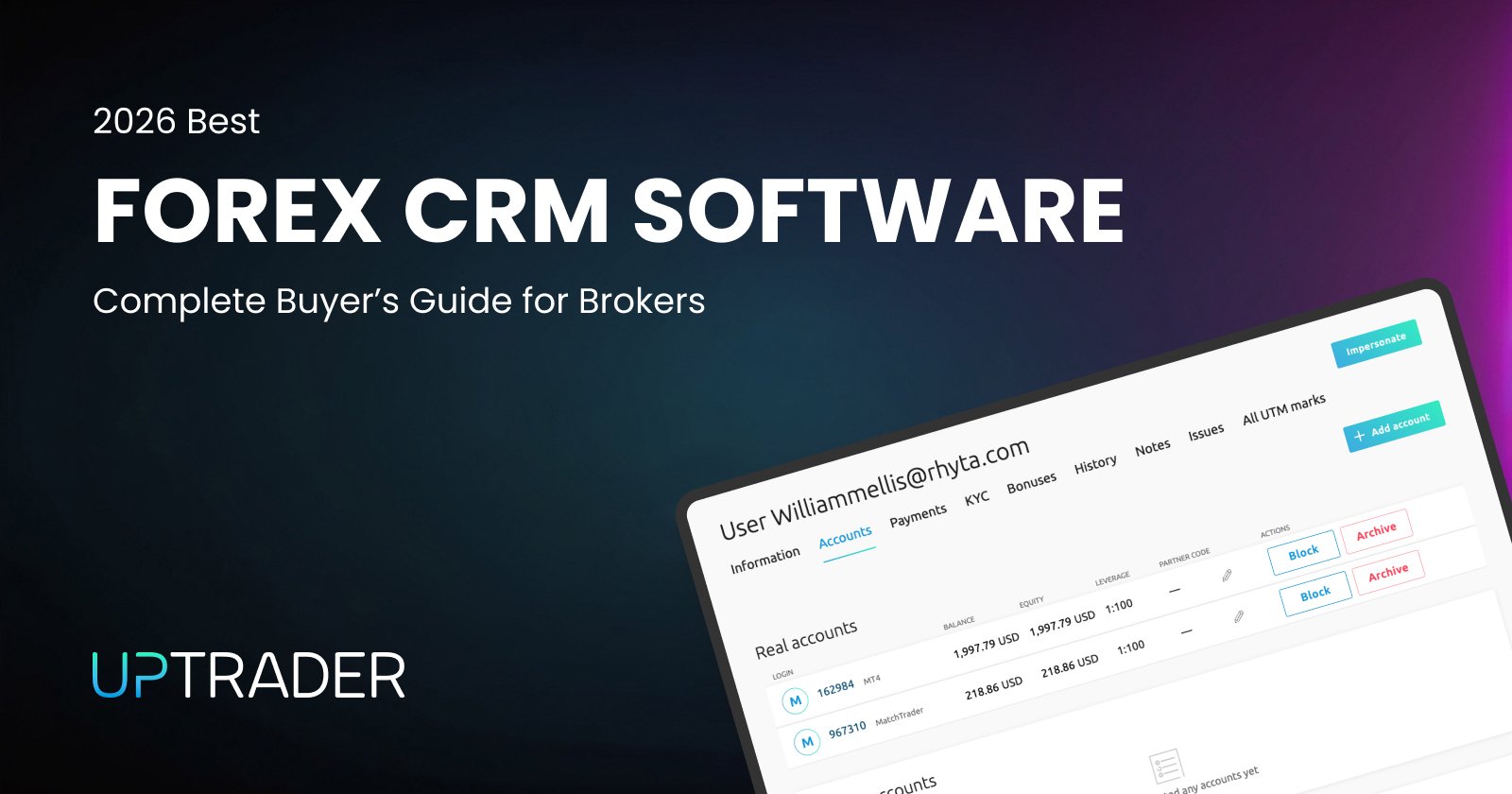What’s the best Forex license in 2025 — Saint Lucia or Cyprus?

Share this publication:
Picking where to base a forex brokerage is one of the first big decisions a founder makes. Do you want speed, low cost, and an offshore setup — or do you prefer the credibility, investor protections, and EU market access that come with a European license? In 2025, the contention most of the time rests on two common choices, either a ‘Saint Lucia forex license’ (also written as St Lucia forex license or Saint Lucia brokerage license) or a forex license from Cyprus granted by CySEC. Here, we have outlined the key differences — cost, time, scope of regulation, protection of clients, impact on business, and other relevant factors — for you to make a well-informed choice.
Best Forex License — Quick Answer
A forex license in Saint Lucia is appealing if your focus is on swift market entry and lower initial expenditures. But if you require EU passporting, stronger investor protections, and a more recognized brand in regulation, a forex license from Cyprus is more suitable. Both options are valid but serve different business models. Saint Lucia suits quick, non-EU-focused launches, while Cyprus is for brokers targeting EU clients or seeking higher institutional confidence.
Who Regulates Each Jurisdiction?
The financial services of Saint Lucia are supervised by the financial services regulator, which issues licenses and enforces anti-money laundering (AML) and compliance policies for the offshore companies based on the island. The environment is geared toward facilitating international services with relatively fast processing times and competitive fee structures.
Cyprus brokers are regulated by the Cyprus Securities and Exchange Commission (CySEC). A Cyprus licence usually requires establishing a Cyprus Investment Firm (CIF) and complying with EU regulations such as MiFID II, which brings stricter governance, capital and reporting obligations, and importantly, enables passporting across the EU/EEA.
Speed and Cost: Saint Lucia wins
One of the main attractions of a Saint Lucia forex license is speed. Many service providers and industry participants report that the Saint Lucia route can be completed in weeks rather than months, with lower professional and governmental fees than in Cyprus. That makes a Saint Lucia forex license popular for teams that want to launch quickly, experiment with product-market fit, or keep initial capital requirements low.
Cyprus takes longer and costs more. Preparing a Cyprus forex license application requires a detailed business plan, compliance manuals, local office arrangements, and sometimes local hires. Government application fees are only part of the cost — professional advisors, ongoing compliance, audits, and higher required capital mean Cyprus is a larger upfront and recurring expense.
Capital and Compliance: Cyprus is Stricter
If you compare regulatory obligations, CySEC typically requires higher initial capital, stronger corporate governance, and often local management presence. Depending on the exact license scope, initial capital requirements can be significantly higher than in offshore jurisdictions, and prudential rules under EU law add ongoing obligations.
Saint Lucia’s regulatory framework is more flexible and often lighter on initial capital and local management requirements. That flexibility is a draw for many international operators, but it comes with trade-offs: supervisory intensity and client protection mechanisms are generally less onerous than in well-established EU regimes.
Market Access and Client Trust: Cyprus Leads
The single biggest structural advantage of a Cyprus forex license is EU market access. A CIF licensed in Cyprus can passport services across the EU/EEA, which means you can onboard clients across Europe without seeking separate national licences. For brokers that plan to target European retail or institutional clients, CySEC is the clear strategic choice.
A Saint Lucia forex license does not provide EU passporting. It’s a commercial licence that can help with bank onboarding and payment provider relationships, but it will not replace a European licence when regulators or partners in the EU check where your clients are regulated. If your business targets EU residents, Cyprus is the safer legal route.
Client Protections and AML: Stricter in Cyprus, Improving in Saint Lucia
CySEC enforces client-money rules, segregation, reporting requirements and periodic inspections — all of which build investor confidence. This regulatory rigor helps when you need to establish partnerships with payment processors, liquidity providers and banks, and it is a selling point when acquiring retail clients who care about formal oversight.
Saint Lucia has been strengthening its AML and compliance standards in recent years. Modernisation of AML frameworks and a move toward closer adherence to international standards have improved the jurisdiction’s standing. Nevertheless, enforcement resources and supervisory depth are generally lighter than those in EU regulator frameworks, so brokers should voluntarily adopt best-practice compliance standards if they choose Saint Lucia.
When Saint Lucia Makes Sense
Choose a Saint Lucia brokerage license (or St Lucia forex license) if:
- Your key markets are situated outside the EU/EEA.
- You wish to validate product-market fit or test marketing channels during a quick and low-cost launch.
- You are willing to operate with higher voluntary compliance standards to counter any reputational concerns.
A number of operators take a step-by-step approach: they start with an offshore license for model validation, then pursue EU licensing when revenue and trading volumes justify the costs.
When Cyprus Makes Sense
Choose a Cyprus forex license if:
- You intend to onboard clients from Europe, both retail and institutional, and require EU passporting.
- Your business operations depend on reputation indicators such as client-fund segregation and formal investment protections.
- You can meet the governance and capital requirements and anticipate a longer business setup.
If your long-term plan includes deep partnerships with European banks or tier-one liquidity providers, CySEC’s regulatory footprint will simplify those relationships.
A Pragmatic, Two-Phase Strategy for Many Brokers in 2025
If you’re unsure, consider a two-phase approach:
- Phase 1 — fast launch (Saint Lucia): Obtain a Saint Lucia forex license for early trading, integrate liquidity, and iterate with low-cost testing of product-market fit. This approach reduces costs.
- Phase 2 — scale for EU (Cyprus): After reaching Key Performance Indicators (KPIs) regarding stable revenue, and if there is a requirement for EU access, obtain a Cyprus forex license, which would allow expansion to the regulated European market, significantly enhancing institutional reputation.
This path balances speed with credibility: validate first, then invest to scale.
Operational Precautions, Whichever Route you Choose
- Build robust AML/KYC from day one, even if local rules are lighter.
- Adopt clear client-money policies and segregation practices where possible.
- Keep detailed records and a strong compliance manual; it will speed any future regulatory reviews.
- Plan for payment provider and banking needs early; many high-quality partners prefer EU-regulated counterparts or strong compliance programs.
Final Recommendation — Match the Licence to Your Exit and Client Map
There is no single “best” licence in 2025. The right choice depends on where your customers are and how you plan to grow:
- If your immediate goal is rapid validation and low-cost market entry, a forex license in Saint Lucia is sensible — fast, affordable, and operationally flexible. But pair it with strong voluntary compliance measures to reduce reputational risk.
- If your roadmap centers on long-term growth inside the EU or you need European counterparties and payment rails, invest in a Cyprus forex license. It requires more capital and preparation, but it buys you credibility, EU market access, and institutional confidence.
Many brokers begin offshore and later establish an EU footprint once volumes or regulatory demands make that step necessary. That staged approach is commercially sensible and widely used across the industry.
Conclusion
Choosing between a Saint Lucia forex license and a Cyprus forex license is a question of trade-offs. Saint Lucia offers speed, lower initial cost, and operational flexibility that’s ideal for rapid validation and non-EU markets. Cyprus requires more time, higher capital, and stronger governance, but it delivers EU passporting, deeper investor protections, and a regulatory reputation that helps with client acquisition and institutional partnerships.
Think about your roadmap. If you need to move quickly to validate a business model, start with Saint Lucia and build transparent, best-practice compliance into your platform. If your strategy is credibility-first and you need access to EU clients or European counterparties, invest in Cyprus from the outset. Either way, prioritize AML/KYC, client-money protections, and a clear governance structure — these measures reduce regulatory and reputational risks and make scaling easier, whether you move from Saint Lucia to Cyprus or start directly in Cyprus.
Ready to choose and move forward? UpTrader can help you pick the right licensing strategy and execute it professionally. We offer end-to-end support for broker teams







